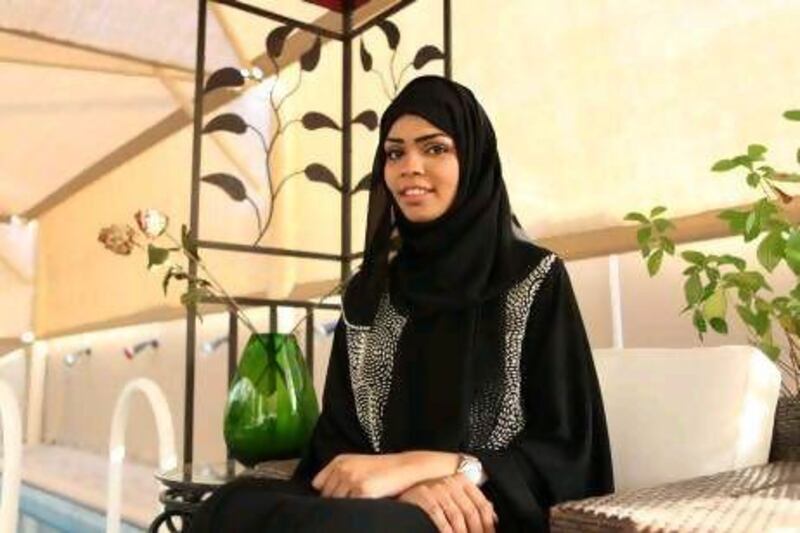ABU DHABI // Nada Jamal Al Ammari makes two or three trips to the hospital each month to treat complications from Type I diabetes, with routine checkups every three months.
The 26-year-old Emirati said it would be difficult to control the number of visits patients make to the hospital.
"No one can restrict the number of times anyone goes to the doctor or judge whether or not someone is really sick," she said. "If I feel sick and I want to see a doctor, I should have access."
Instead of trying to reduce the number of visits, Ms Al Ammari said, officials should recruit sufficient manpower to meet demand.
Ms Al Ammari said she often has to wait six months just to see an ophthalmologist at her hospital and there is no podiatrist available, although retinopathy and gangrene are known complications of diabetes.
Although she is thankful that the Government has invested in health care, she said it is time that more effort be spent finding health-care professionals.
"Thousands of Emiratis still go outside for treatment," she said. "Why do we still have to travel abroad? We have the latest technology and equipment; we just need the personnel."
On the other side of the spectrum is Mansoor Essa Al Noobi who says he has never used his Thiqa card since receiving it in 2009.
"Not all private hospitals accept it, and personally I prefer to go to private hospitals over public hospitals," he said. "There are more doctors and the service is faster."
Mr Al Noobi, 29, cited an example where he waited three hours in the emergency department of a public hospital, compared to 30 minutes in a private hospital.
The Abu Dhabi resident acknowledged that many people misuse Thiqa.
"People go to see a doctor for anything because they know Thiqa will cover them," he said. "It would help if we were required to take approval from the insurance company before receiving any kind of service. This would reduce the pressure and give an opportunity to patients who need to see the doctor for something serious."
The Health Authority - Abu Dhabi (Haad) 2011 annual report notes severe capacity gaps in several fields, including cardiology and emergency medicine. Health-care leaders agree that more doctors are needed, but also emphasise that patient expectations must be managed.
"Patients expect to see their doctors in two or three days, this is the culture here," said Dr Taha Ibrahim, medical director at Al Noor Hospital. "In Canada, usually for you to see a diabetologist you need to wait six months. The two extremes are not acceptable. You need to be reasonable."
The average waiting time to see a cardiologist at Al Noor is at least two weeks.
"In order to meet patient expectations, I would need to have six cardiologists. Now I have only three," he said.
The main challenge is in the recruitment process. In Dubai, doctor-licensing takes on average one month, while in Abu Dhabi it can take between six to nine months.
"Haad has been reviewing the licensing process and we've seen it improve over the last few months, but still the number of doctors is far from the need and the need is huge," Dr Ibrahim said. "Therefore the pressure comes from this proportion between the available resources and the number of patients."





